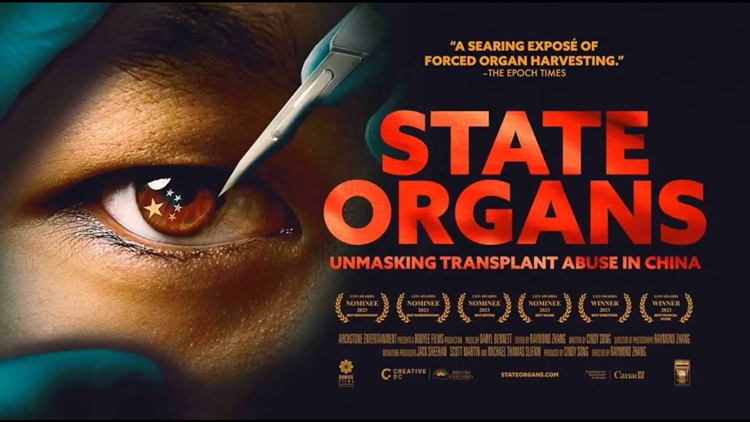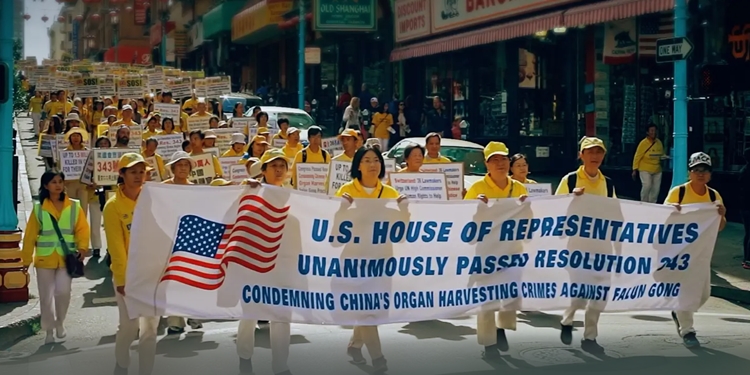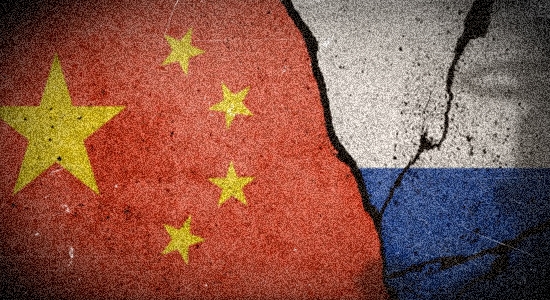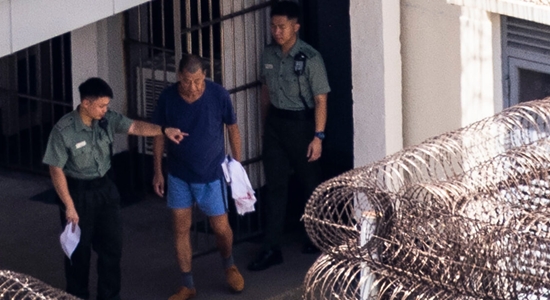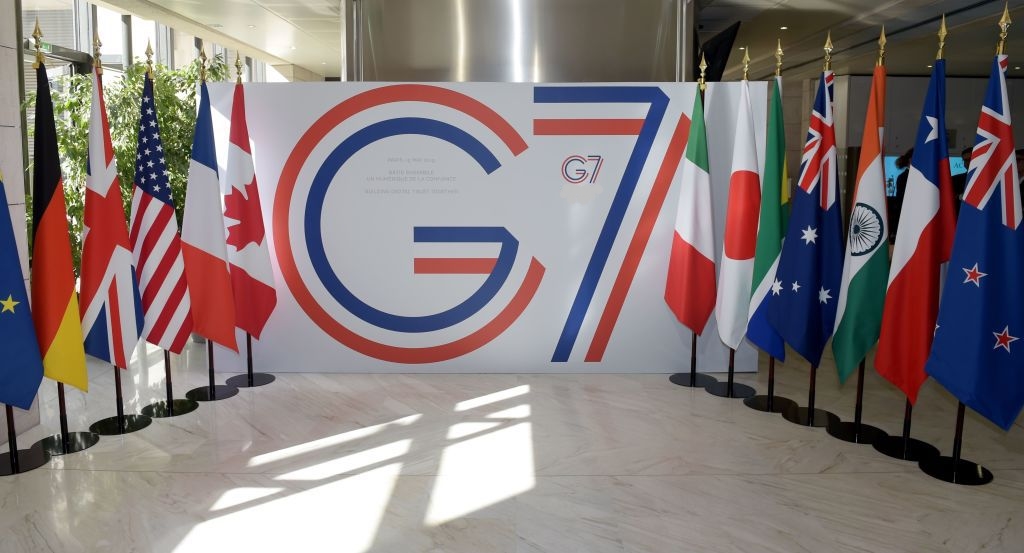
Cambodian activist Suon Chamroeun had thought he was out of danger. At first careful about personal security after fleeing to Thailand in 2017, he had eventually let down his guard.
Then in December 2019 he was attacked in a 7-Eleven. Upon leaving the store after buying cold medicine, he was accosted by two men who looked like bodyguards (“ ‘We Thought We Were Safe’: Repression and Forced Return of Refugees in Thailand,” Human Rights Watch, May 15, 2024).
“Please come with us, brother. Our boss needs to talk to you,” one of the men said in unaccented Khmer. “You messed up.”
Fearful for his life, Chamroeun fled back inside the 7-Eleven. For the next 15 minutes in front of the startled 7-Eleven staff and customers, the assailants attacked Chamroeun with a stun gun, trying to subdue him and drag him out of the store. They also beat him in the head, back, arms and legs, and repeatedly used electric shock against him until the batteries in their devices were fully depleted.
The two would-be abductors finally gave up when a 7-Eleven employee said that he had called the police.
Chamroeun and others in exile in Thailand believed the Hun Sen government [of Cambodia] was sending agents to search for and act against activists seeking refuge there. Chamroeun said in the months prior to his being attacked at the 7-Eleven, things had quieted down.
“We thought that we had reached a point of safety, so we were not taking care of our security,” Chamroeun said. “We thought we were safe. But we were not.”
After the coup
The post-2014 Thai government cooperates with the Cambodian government’s efforts to retrieve Cambodian nationals and also with the Chinese government’s efforts to retrieve Chinese nationals.
After army chief Gen. Prayut Chan-ocha staged a coup and seized control in May 2014, Chinese dissidents in Thailand started going missing. The available information indicates that Thai authorities often targeted them, apparently at the request of the Chinese government, for arrest and refoulement [forced return] to China.
One example is what happened to the pro-democracy activists Jiang Yefei and Dong Guangping, who had fled to Thailand with their families to escape political persecution in China.
Jiang, a political cartoonist, had been residing in Thailand since 2008, after being harassed, arbitrarily arrested, and allegedly tortured for scrutinizing the Chinese Communist Party’s response to the 2008 Sichuan earthquake disaster. He applied for and received refugee status from the [United Nations Refugee Agency] in April 2015.
Dong arrived in Thailand in September 2015, where he applied for and received refugee status from the UNHCR office in Bangkok. However, on October 28, 2015, just days before they were scheduled to fly to Canada to be resettled there, Thai police arrested the two men. They were immediately taken to Bangkok’s Suan Phlu immigration detention center, an immigration prison where detainees have repeatedly alleged abuse and mistreatment.
Earlier in 2015, Thailand had deported more than a hundred Uyghurs to China “as per protocol.”
The governments of China and other countries that pursue noncriminal nationals in foreign lands often do not act independently. They often get help from foreign governments, help that sometimes goes way beyond looking the other way.
What now?
In its lengthy report on the problem, Human Rights Watch offers many recommendations to the governments of Thailand, Cambodia, Laos, Vietnam, and China that amount to “stop doing this.”
The authors also urge concerned governments to speak up.
And they urge the United Nations to recognize transnational repression “as a specific threat to human rights,” to improve the protections that the UN offers to “activists who engage with the UN to better address the risk of reprisals,” and to “improve mechanisms for asylum seekers and refugees at heightened risk of transnational repression to safely and swiftly relocate to safe third countries.”
